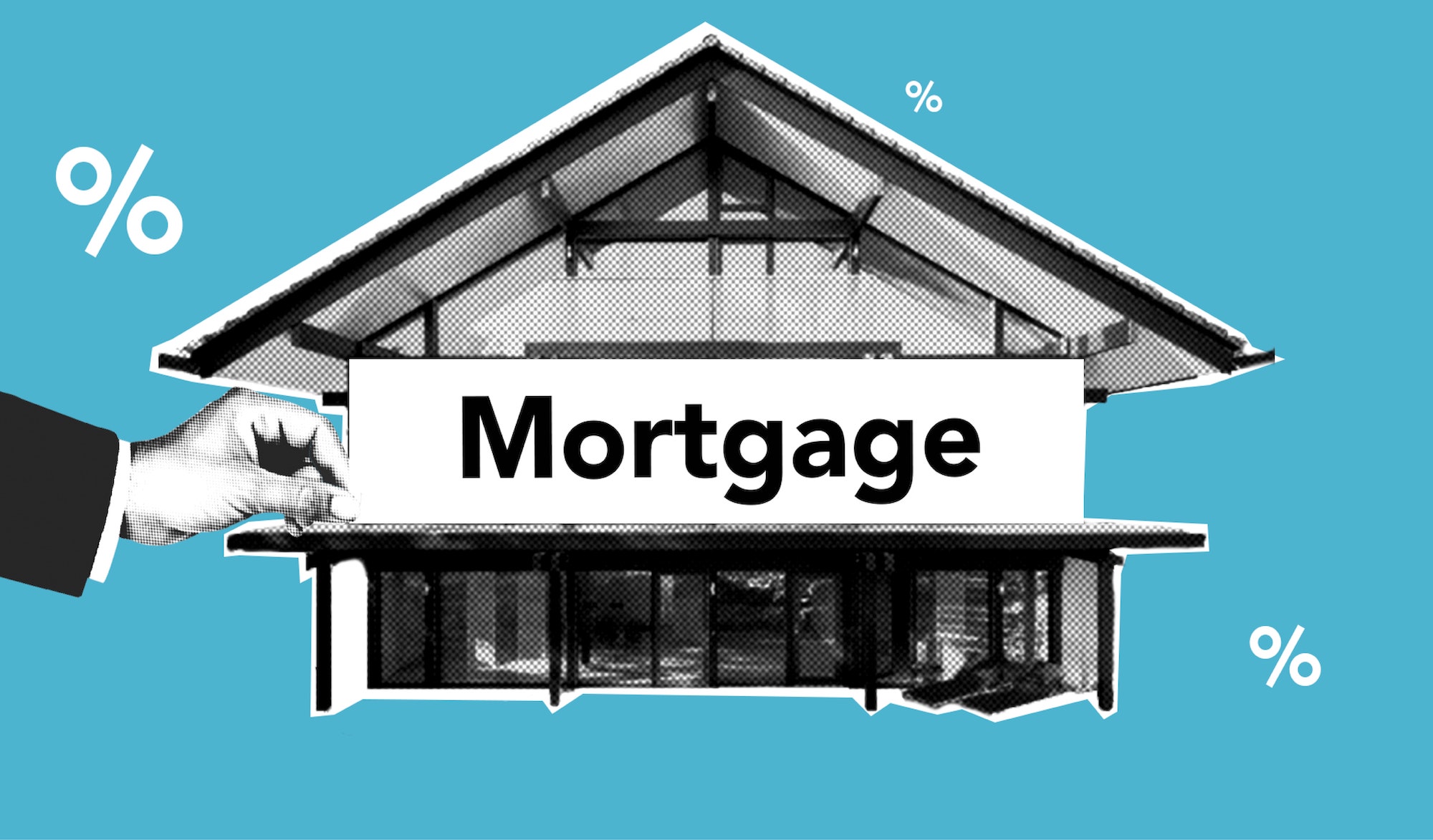People leaving the workforce between age 50 and state pension age could wipe £88bn from the economy, the ONS has warned.
If the employment rate among 50 to 64-year-olds was similar to those aged 35 to 49 years, it could add 5% to GDP or £88bn, the ONS added.
Furthermore, it said women are much more likely to be economically inactive before state pension age than men. At age 50 years, 17.9% of women were economically inactive compared with 9.6% of men. At age 64, 58.6% of women were economically inactive compared to 44.9% of men.
AJ Bell head of retirement policy Tom Selby said: “The early exit of people aged between 50 and state pension age from the workforce has a significant impact on both individual retirement plans and the wider economy.
“While in some cases stopping work early will be a voluntary decision – for example as a result of early retirement – in other situations it will be less voluntary, such as ill-health.
“Worryingly, although perhaps not surprisingly, people who work in low-paying or physically intensive sectors are six times more likely to stop working before state pension age because of ill-health than those working in other professions. What’s more, women are more likely to stop working early than men, potentially further perpetuating the gap in pensions between the sexes.
"Stopping working in your 50s – when in theory your earning power and ability to save should be at its highest – could also have a significant impact people’s retirement outcomes.
In many cases it will mean making your retirement income stretch for much longer, meaning you have to live for less in your later years. It also potentially impacts on people’s health and wellbeing. For all those reasons, supporting people in their 50s to stay in work for longer should be an absolute priority for policymakers.”
Latest News
-
Metro Bank hits record growth in corporate and commercial lending
-
Intermediary confidence softens slightly in Q4 – IMLA
-
8.6 million savings accounts exposed to tax
-
Mortgage lending rises 16% in 2025 – UK Finance
-
One in five landlords now operate through a limited company
-
Retirement advice approaches evolving amid regulatory and policy changes
Mortgage Advice Bureau and AI in the mortgage sector
Chief executive officer at Mortgage Advice Bureau, Peter Brodnicki, and founder and managing director at Heron Financial, Matt Coulson, joined content editor Dan McGrath to discuss how Mortgage Advice Bureau is using artificial intelligence to make advancements in the mortgage industry, the limitations of this technology and what 2026 will hold for the market
Perenna and the long-term fixed mortgage market

Content editor, Dan McGrath, spoke to head of product, proposition and distribution at Perenna, John Davison, to explore the long-term fixed mortgage market, the role that Perenna plays in this sector and the impact of the recent Autumn Budget
NEW BUILD IN FOCUS - NEW EPISODE OF THE MORTGAGE INSIDER PODCAST, OUT NOW

Figures from the National House-Building Council saw Q1 2025 register a 36% increase in new homes built across the UK compared with the same period last year, representing a striking development for the first-time buyer market. But with the higher cost of building, ongoing planning challenges and new and changing regulations, how sustainable is this growth? And what does it mean for brokers?
Does the North-South divide still exist in the UK housing market?

What do the most expensive parts of the country reveal about shifting demand? And why is the Manchester housing market now outperforming many southern counterparts?
In this episode of the Barclays Mortgage Insider Podcast, host Phil Spencer is joined by Lucian Cook, Head of Research at Savills, and Ross Jones, founder of Home Financial and Evolve Commercial Finance, to explore how regional trends are redefining the UK housing, mortgage and buy-to-let markets.
In this episode of the Barclays Mortgage Insider Podcast, host Phil Spencer is joined by Lucian Cook, Head of Research at Savills, and Ross Jones, founder of Home Financial and Evolve Commercial Finance, to explore how regional trends are redefining the UK housing, mortgage and buy-to-let markets.
© 2019 Perspective Publishing Privacy & Cookies









Recent Stories